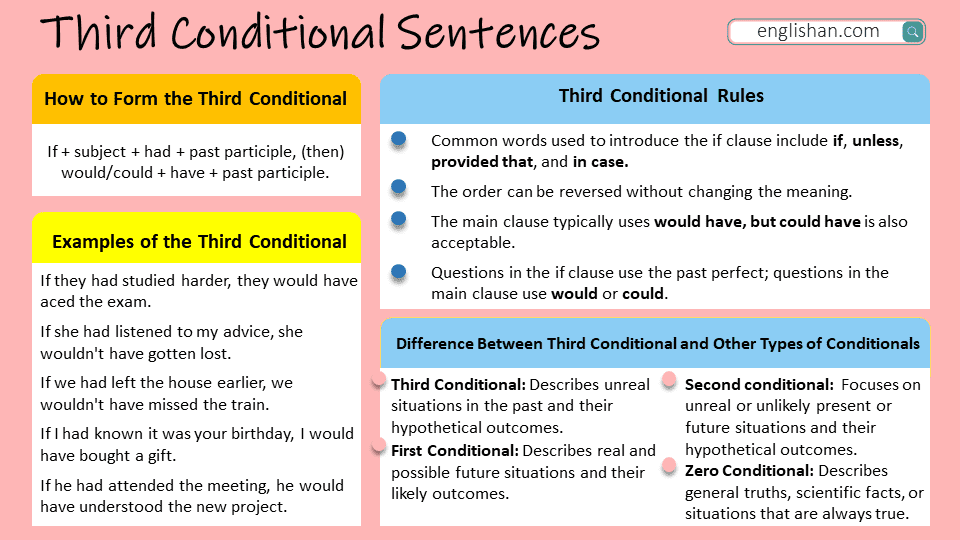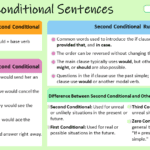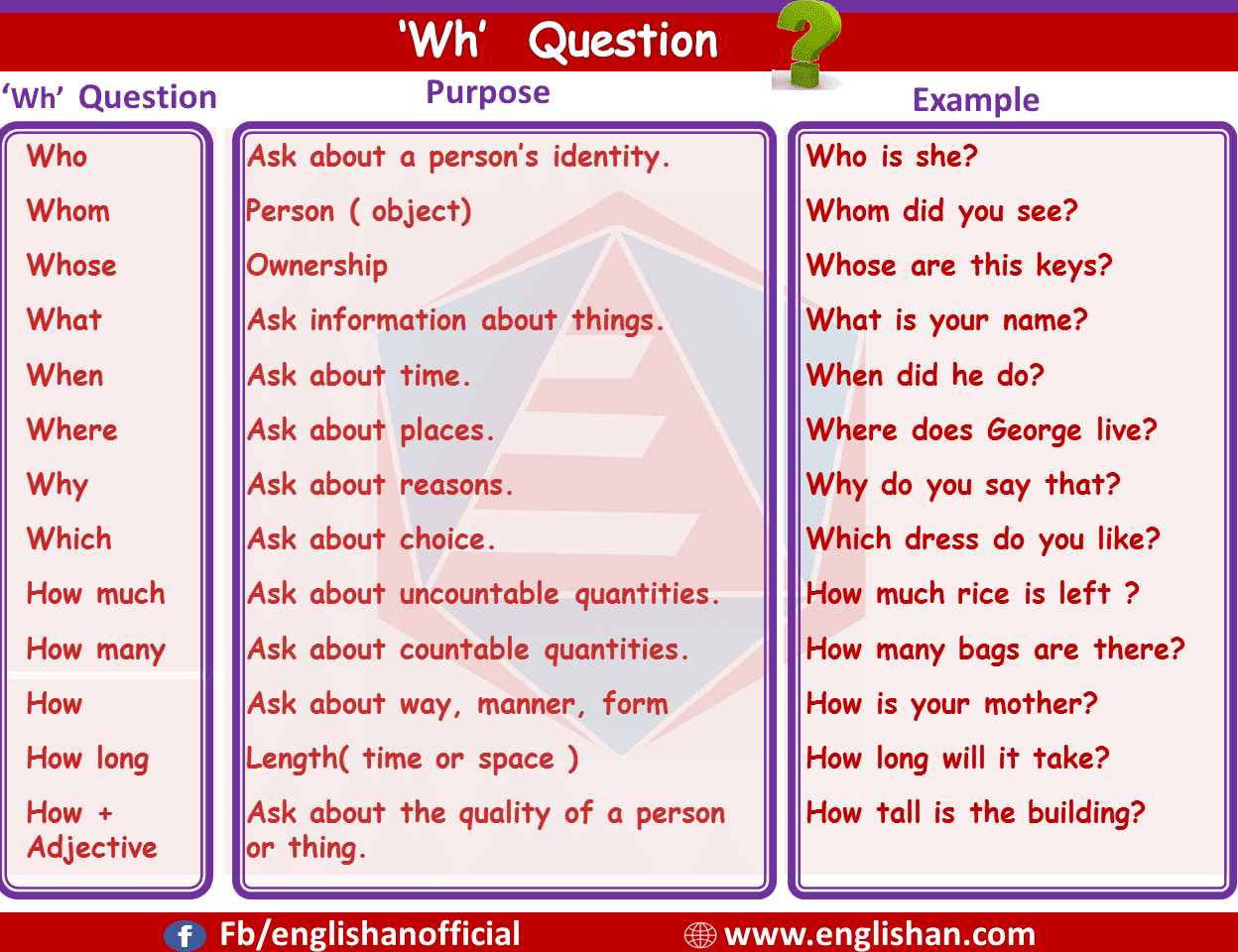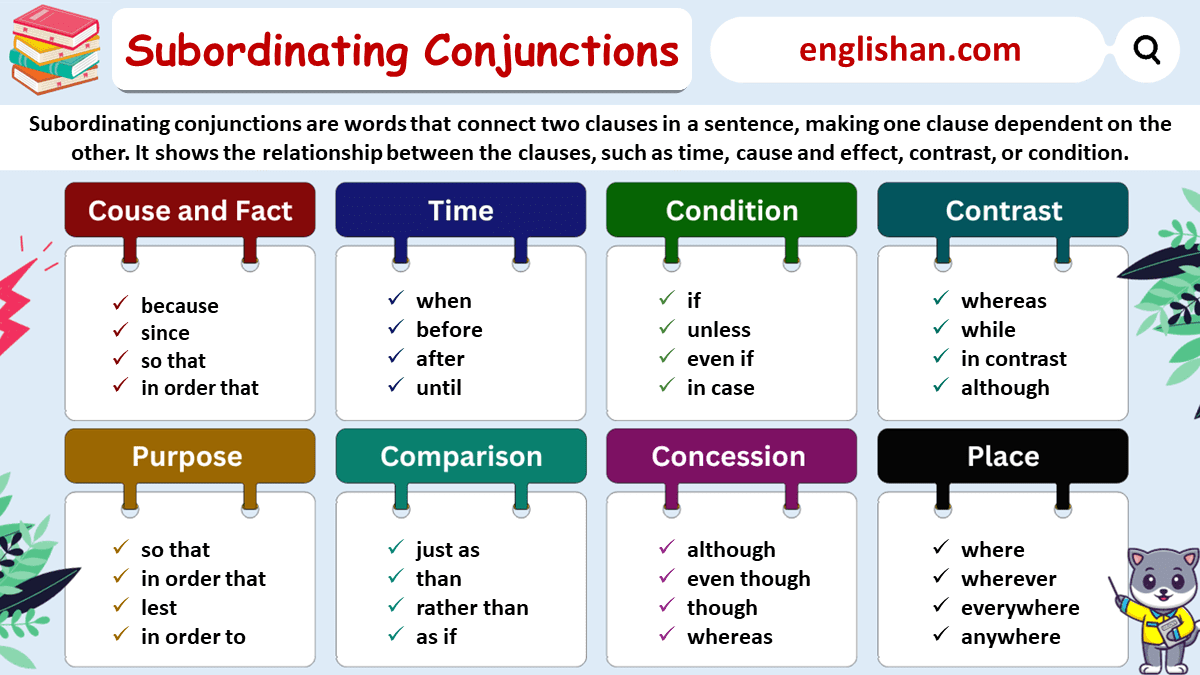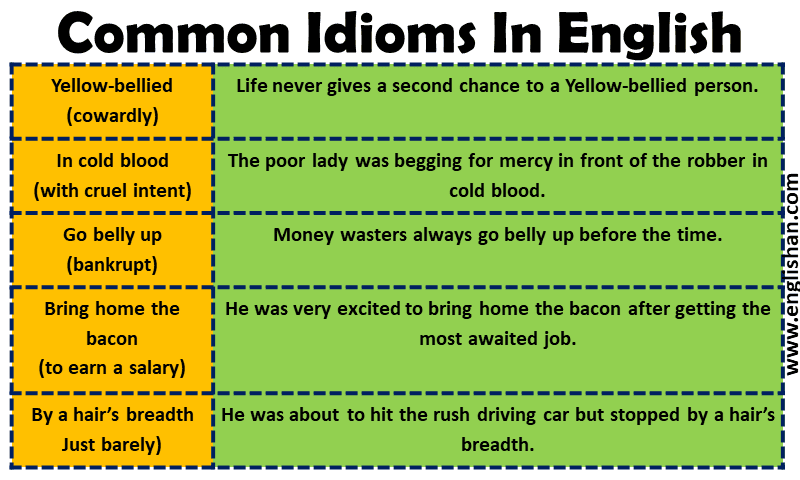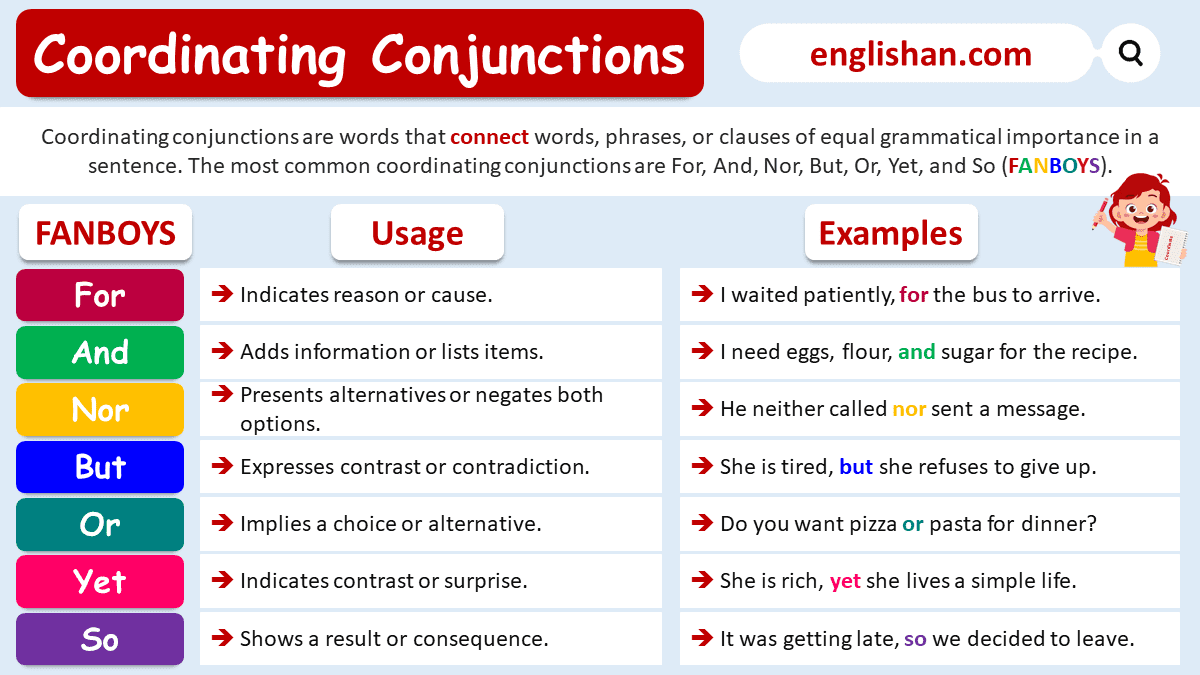Third conditional sentences talk about unreal situations in the past and their hypothetical outcomes. They typically consist of an “if” clause describing the unreal condition and a main clause outlining the imagined result. These sentences express regret or reflection and are flexible in structure.
Structure of a Third Conditional Sentence
A third conditional sentence follows this structure:
1. Standard Structure:
➡ If + past perfect, would have + past participle
- If she had studied, she would have passed the exam.
2. Reversed Order (Main Clause First):
➡ Would have + past participle, if + past perfect
- She would have passed the exam if she had studied. (No comma needed in this order.)
3. Alternative Formal Structure (Inversion):
➡ Had + subject + past participle, would have + past participle
- Had she studied, she would have passed the exam. (No “if” needed in formal writing.)
Rules of Third Conditional Sentences
Structure:
If + past perfect → would have + past participle
- If she had studied, she would have passed.
Past Unreal Condition:
The “if” clause describes a past event that did not happen.
Past Perfect in If-Clause:
Always use had + past participle (If he had worked harder…).
Would Have + Past Participle in Main Clause:
The result clause uses would have + past participle (…he would have succeeded.).
Clause Order Can Be Reversed:
She would have passed if she had studied. (No comma needed when starting with the main clause.)
“Had” Can Replace “If” for Formality:
Had she studied, she would have passed. (Omitting “if” is possible in formal writing.)
Differences with other Conditionals
1. First Conditional vs. Third Conditional
| Conditional Type | Usage | Example |
|---|---|---|
| First Conditional | Describes real and possible future situations. | If he studies, he will pass. |
| Third Conditional | Describes unreal past situations. | If he had studied, he would have passed. |
2. Second Conditional vs. Third Conditional
| Conditional Type | Usage | Example |
|---|---|---|
| Second Conditional | Talks about hypothetical present or future situations. | If they invited us, we would attend. |
| Third Conditional | Talks about past situations that didn’t happen. | If they had invited us, we would have attended. |
3. Zero Conditional vs. Third Conditional
| Conditional Type | Usage | Example |
|---|---|---|
| Zero Conditional | Expresses general truths and scientific facts. | If you heat ice, it melts. |
| Third Conditional | Discusses hypothetical past events. | If it had rained, we would have stayed indoors. |
4. Mixed Conditionals vs. Third Conditional
| Conditional Type | Usage | Example |
|---|---|---|
| Mixed Conditionals | Combine different time frames (past condition + present result). | If she studied more, she would be in a better university now. |
| Third Conditional | Strictly refers to past unreal conditions. | If she had studied, she would have passed. |
5. Continuous/Progressive Conditionals vs. Third Conditional
| Conditional Type | Usage | Example |
|---|---|---|
| Continuous Conditionals | Emphasize ongoing past actions. | If she had been calling, I would have answered. |
| Third Conditional | Talks about a completed past action. | If she had called, I would have answered. |
Variations in the Third Conditional Form
While the standard form of the third conditional involves using “if” and the past perfect tense in the if clause, and “would have” plus the past participle in the main clause, there are variations and alternative ways to structure third conditional sentences for stylistic or emphasis purposes. Here are some variations:
1. Using “Had” at the Beginning:
- Instead of starting the sentence with “if,” you can use “had” to introduce the unreal condition.
2. Switching Clause Order:
- The order of the if clause and the main clause can be reversed without changing the meaning.
3. Contractions:
- Contractions can be used for a more informal tone.
- Example: If she’d known, she would’ve come.
4. Using “Were” for “If I/He/She” Clauses:
- Instead of “if I/he/she,” you can use “were” for all subjects in the if clause for added formality.
- Example: If she were aware of the situation, she would have responded differently.
5. Using “Should” for Hypothetical Advice:
- In the main clause, “should have” can be used for added emphasis or when giving hypothetical advice.
- Example: If you had listened to my advice, you should have avoided this problem.
6. Modal Verbs for Emphasis:
- Modal verbs like “could,” “might,” or “ought to” can be used in the main clause for added nuance.
- Example: If they had arrived on time, they might have caught the bus.
7. Using Different Past Tenses in the If Clause:
- Sometimes, past simple can be used instead of past perfect in the if clause, especially in informal speech.
- Example: If he knew about the discount, he would have bought the item.
8. Adding Emphasizing Words:
- Adding emphasizing words like “certainly,” “definitely,” or “absolutely” can strengthen the hypothetical nature of the sentence.
- Example: If I had seen your message, I definitely would have replied.
Common Mistakes in Third Conditional Sentences
- Using “Would” in If-Clause → Keep “would have” in the main clause only.
- Omitting “Have” → Always use “would have” + past participle (would have passed).
- Inconsistent Time References → Keep both clauses in past reference (If he had studied, he would have passed).
- Misplacing “If” → “If” belongs only in the conditional clause.
- Forgetting the Comma → Use a comma when the if-clause comes first.
- Misplacing Adverbs → Place adverbs correctly (would have easily passed).
FAQs:
A third conditional sentence is a type of conditional sentence that expresses a hypothetical situation in the past and its imagined result. It is often used to talk about unreal or regretful events.
The if clause is formed using the past perfect tense (had + past participle), and the main clause uses “would have” + past participle. For example: “If I had known, I would have come.”
Yes, the order of the if clause and the main clause can be interchangeable without changing the meaning. Both “If I had known, I would have come” and “I would have come if I had known” are correct.
Signal words like “if,” “unless,” and “had” often indicate the presence of a third conditional sentence.
You May Also Like
